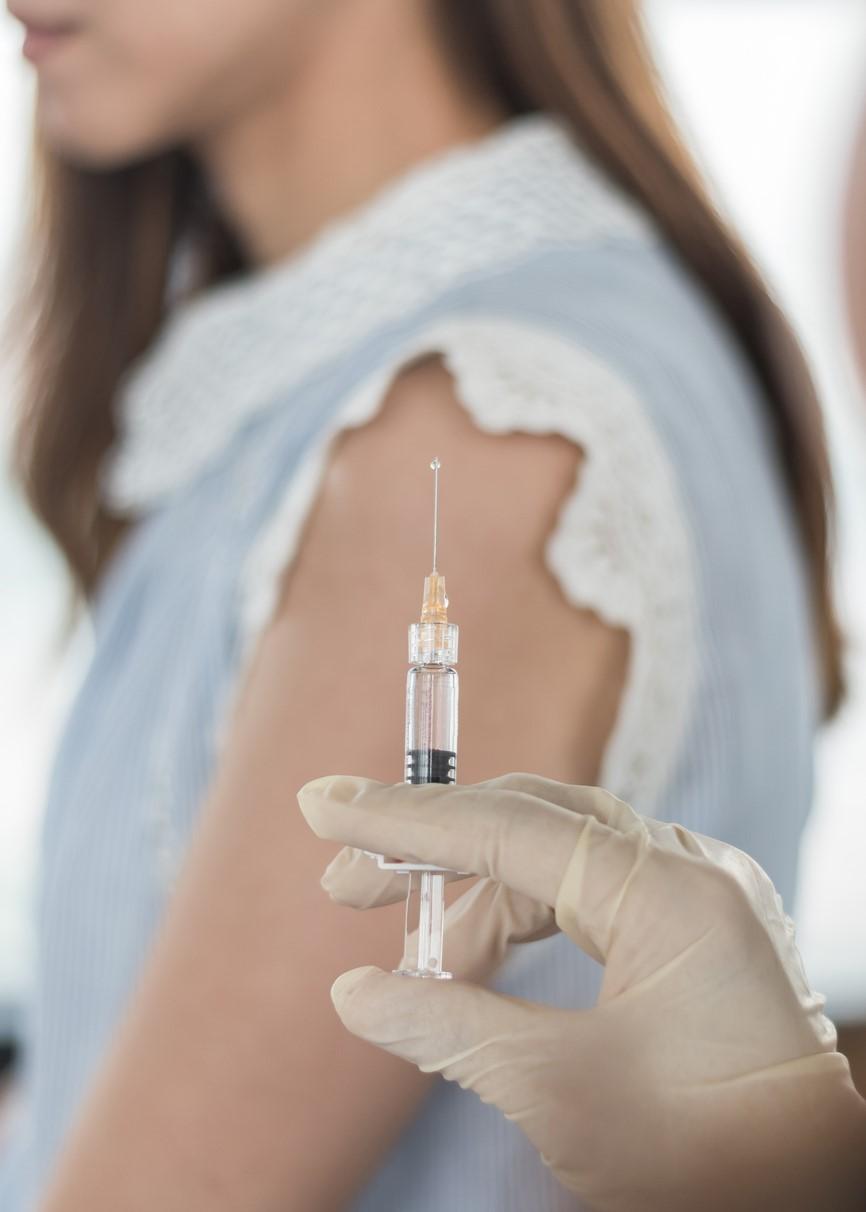A preliminary report published yesterday in the New England Journal of Medicine on an ongoing phase 1 clinical trial of the mRNA-1273 COVID-19 vaccine developed by Moderna and study sponsor the US National Institute of Allergy and Infectious Diseases (NIAID) showed that it generated an immune response in healthy adults and was generally well tolerated.
The vaccine was designed to cause the body to produce neutralizing antibodies against the novel coronavirus's spike protein, which the virus uses to bind to and enter human cells.
The early report on the trial, led by researchers at Kaiser Permanente Washington Health Research Institute, involved the first 45 participants 18 to 55 years old enrolled at sites in Seattle and Emory University in Atlanta and vaccinated from Mar 16 to Apr 14. One additional participant was withdrawn from the study after developing vaccine-related urticaria (hives).
Short-term efficacy, systemic adverse events
Three groups of 15 participants each received two intramuscular injections 28 days apart of either 25, 100, or 250 micrograms (μg) of mRNA-1273. All subjects received one injection; and 42 received a second injection.
The researchers monitored vaccine-induced antibody activity for 43 days after the second injection, finding that two vaccinations produced high levels of neutralizing antibody activity against the coronavirus above the average levels observed in serum taken from people with confirmed COVID-19 infection.
The researchers noted that they weren't able to evaluate long-term immune response to the vaccine but that participants will be monitored through regular blood collections for 1 year after the second dose.
The trial, which was broadened in April to include participants older than 55 years, now has 120 enrollees, but the preliminary report included only the 18- to 55-year-old group.
More than half of the enrollees reported chills, fatigue, headache, muscle pain, or pain at the injection site. After the first dose, mild or moderate systemic adverse events were reported by 5 enrollees (33%) in the 25-μg group, 10 (67%) in the 100-μg group, and 8 (53%) in the 250-μg group.
Systemic adverse events occurred more often after the second injection and in those given the highest vaccine dose, occurring in 7 of 13 enrollees (54%) in the 25-μg group, all 15 in the 100-μg group, and all 14 in the 250-μg group. Three volunteers in the 250-μg group (21%) reported at least one severe event.
After the first vaccination, no enrollees had a fever, but 6 participants (40%) in the 100-μg group and 8 (57%) in the 250-μg group had fevers after the second vaccination, the highest of which was graded severe, at 39.6°C (103.3°F), and was in the 250-μg group.
Phase 3 trial to begin soon
In a commentary in the same journal, Penny Heaton, MD, CEO of the Bill & Melinda Gates Medical Research Institute in Cambridge, Massachusetts, said that the development of mRNA-1273 has occurred with remarkable speed, with publication of the first coronavirus genetic sequences through phase 1 taking only 6 months, versus the typical 3 to 9 years.
While Heaton said that the data are promising, she cautioned that much work is still to be done, partly because the 250-μg dose was linked to severe systemic side effects without appearing to increase efficacy beyond that of the 100-μg dose. "As the investigators indicate, it is prudent to evaluate doses of 100 μg and lower to define the regimen that provides the most appropriate benefit–risk profile for this vaccine," she wrote.
Heaton added that immune responses that decline with age and that likely underlie the greater risk of severe coronavirus disease in older people may also produce poor vaccine responses. Also, the clinical relationship between COVID-19's binding and neutralizing antibody response and immunity, as well as the accuracy of tests quantifying antibodies, need confirmation, she said.
With caveats on the complexity of conducting large phase 3 vaccine trials and the need for parallel tracking of activities and resources, Heaton said "The world has now witnessed the compression of 6 years of work into 6 months. Can the vaccine multiverse do it again, leading to a reality of a safe, efficacious COVID-19 vaccine for the most vulnerable in the next 6?"
In mid-May, Massachusetts-based Moderna announced early trial results involving a small number of participants indicating that mRNA-1273 is safe for human use.
Preliminary data from the phase 1 trial on the vaccine's side effects and antibody responses at different dosages were used to formulate the doses to be used in phase 2/3 trials.
Recruitment for a phase 2 mRNA-1273 clinical trial sponsored by Moderna began in late May, with plans to begin a phase 3 efficacy trial of the 100-μg dose this month, according to a NIAID news release. The study authors said that they plan to enroll 600 adults in the phase 2 trial to assess the effects of 50- and 100-μg vaccine doses.





















